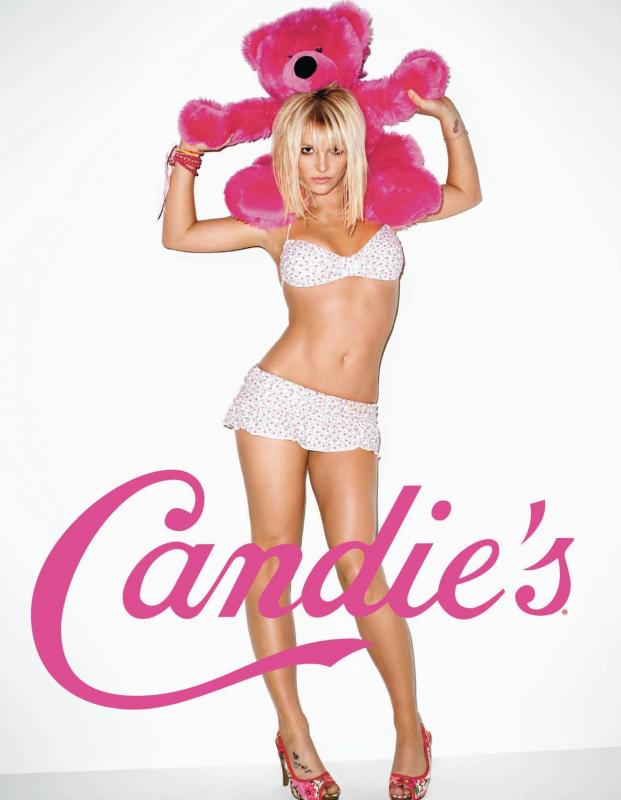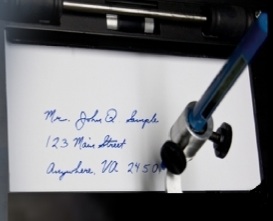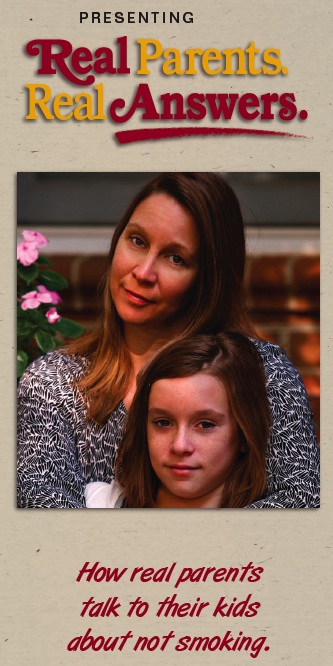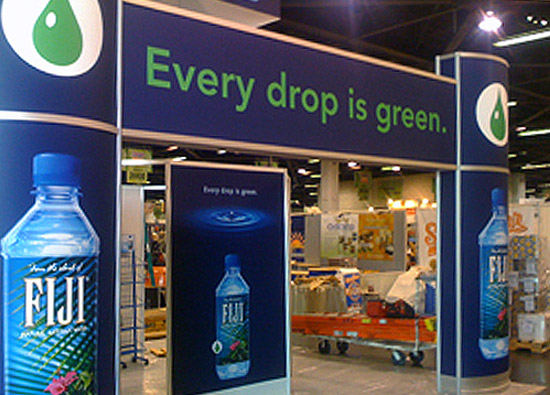FDA Orders New, Straightforward Cigarette Warning Labels
Submitted by Anne Landman on
 Starting September, 2012, the U.S. Food and Drug Administration (FDA) will require new, updated health warnings on cigarettes. The 25 year-old, plain-text Surgeon General warnings will be out, replaced with updated, straightforward messages like "WARNING: Tobacco smoke causes fatal lung disease in nonsmokers," "WARNING: Cigarettes are addictive" and "WARNING: Cigarettes cause fatal lung disease." The text will be much larger than the old Surgeon General's warnings, and will be accompanied by powerful pictures, like photos of corpses, diseased lungs and oral cancer. To choose the warnings, FDA reviewed relevant scientific literature, considered over 1,700 public comments and performed a survey of 18,000 citizens. The new warnings will be rotated to keep them fresh. They will cover the top 50 percent of the front and rear panels of cigarette packs, and in cigarette ads, the warnings must occupy at least 20 percent of the upper portion of each ad. The new warnings were authorized by the Family Smoking Prevention and Tobacco Control Act that President Obama signed in 2009.
Starting September, 2012, the U.S. Food and Drug Administration (FDA) will require new, updated health warnings on cigarettes. The 25 year-old, plain-text Surgeon General warnings will be out, replaced with updated, straightforward messages like "WARNING: Tobacco smoke causes fatal lung disease in nonsmokers," "WARNING: Cigarettes are addictive" and "WARNING: Cigarettes cause fatal lung disease." The text will be much larger than the old Surgeon General's warnings, and will be accompanied by powerful pictures, like photos of corpses, diseased lungs and oral cancer. To choose the warnings, FDA reviewed relevant scientific literature, considered over 1,700 public comments and performed a survey of 18,000 citizens. The new warnings will be rotated to keep them fresh. They will cover the top 50 percent of the front and rear panels of cigarette packs, and in cigarette ads, the warnings must occupy at least 20 percent of the upper portion of each ad. The new warnings were authorized by the Family Smoking Prevention and Tobacco Control Act that President Obama signed in 2009.

 Scholastic, Inc., a leading publisher and distributor of children's books and teaching materials, agreed to stop selling a coal industry-sponsored curriculum that it has distributed to 66,000 fourth grade teachers since 2009. The curriculum was sponsored by the
Scholastic, Inc., a leading publisher and distributor of children's books and teaching materials, agreed to stop selling a coal industry-sponsored curriculum that it has distributed to 66,000 fourth grade teachers since 2009. The curriculum was sponsored by the  A skin care company that claims to have a cure for acne, psoriasis, folliculitis and other disorders is contacting Virginia media outlets and offering to pay them $100 for each person who sees the company's press release and signs up to get treatment. The company asks editors to "consider running our press release as a win-win project." The only problem? Taking kickbacks violates the Society of Professional Journalists
A skin care company that claims to have a cure for acne, psoriasis, folliculitis and other disorders is contacting Virginia media outlets and offering to pay them $100 for each person who sees the company's press release and signs up to get treatment. The company asks editors to "consider running our press release as a win-win project." The only problem? Taking kickbacks violates the Society of Professional Journalists  The Candies Foundation, whose mission is preventing teen pregnancy, hired America's most famous unwed teen mother, Bristol Palin, as its paid spokesperson. The Foundation paid Palin $332,000 for less than a month of work during 2009-2010 to promote the idea to teenage girls that having premarital sex is a bad idea. Palin appeared in video and print public service ads, attended two town hall meetings and conducted media interviews to help Candies "create awareness about teen pregnancy." In one
The Candies Foundation, whose mission is preventing teen pregnancy, hired America's most famous unwed teen mother, Bristol Palin, as its paid spokesperson. The Foundation paid Palin $332,000 for less than a month of work during 2009-2010 to promote the idea to teenage girls that having premarital sex is a bad idea. Palin appeared in video and print public service ads, attended two town hall meetings and conducted media interviews to help Candies "create awareness about teen pregnancy." In one  keep fooling them over and over again. That's the hope of a Virginia-based direct mail marketing company that has developed a
keep fooling them over and over again. That's the hope of a Virginia-based direct mail marketing company that has developed a  Family Circle and Parents magazines regularly run youth smoking prevention (YSP) ads called "Real Parents, Real Answers" that are paid for by the
Family Circle and Parents magazines regularly run youth smoking prevention (YSP) ads called "Real Parents, Real Answers" that are paid for by the  The Fiji bottled water company is stomping out of Fiji in protest after the country's government increased a tax it charges on the water from one-third of a Fiji cent to 15 cents per liter. Half of Fijians lack access to safe water while the Fiji Water company exports clean bottled water to the U.S., where Americans shell out 3,300 times what tap water costs to buy it. According to the
The Fiji bottled water company is stomping out of Fiji in protest after the country's government increased a tax it charges on the water from one-third of a Fiji cent to 15 cents per liter. Half of Fijians lack access to safe water while the Fiji Water company exports clean bottled water to the U.S., where Americans shell out 3,300 times what tap water costs to buy it. According to the